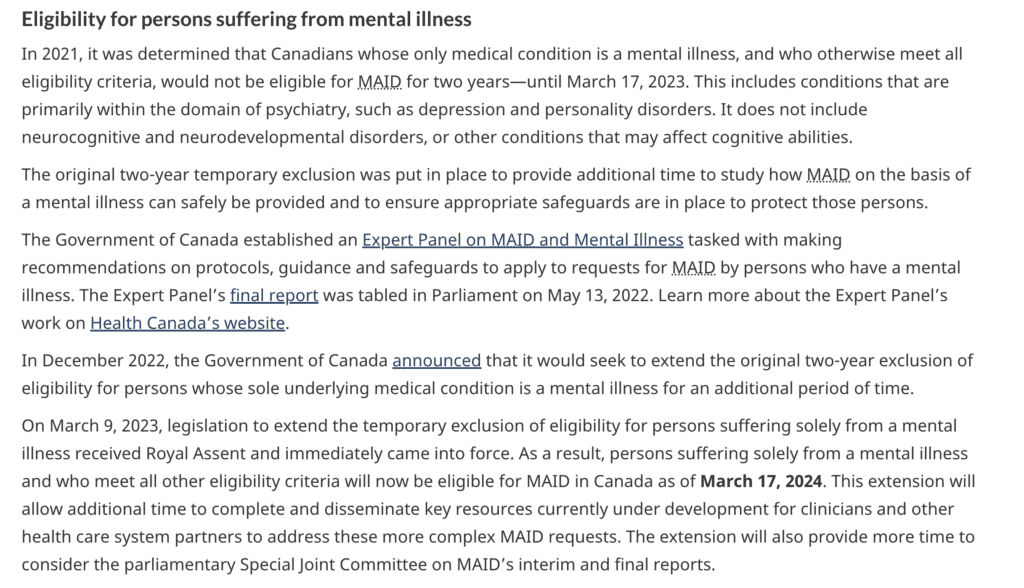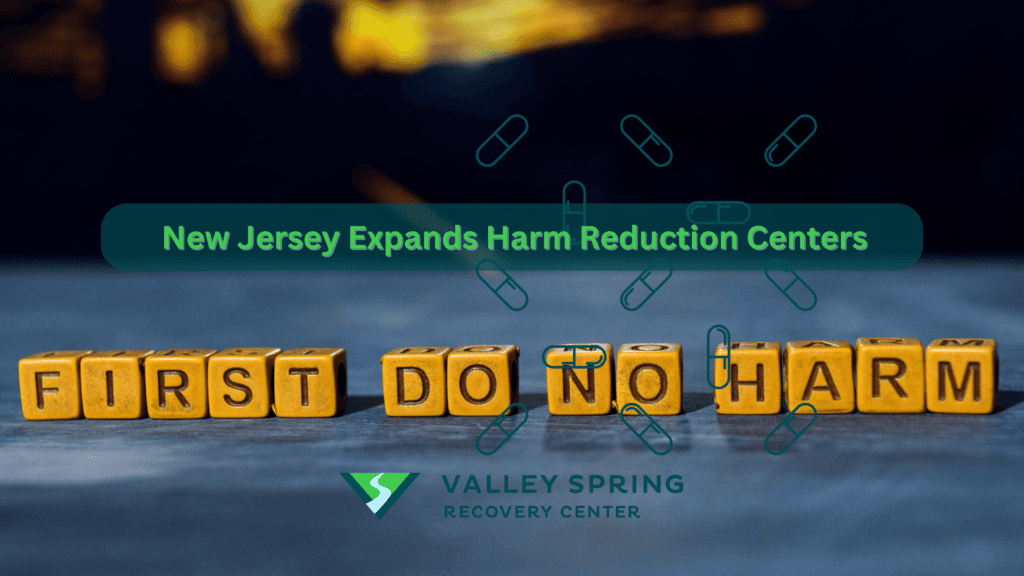Canada has recently announced its intention to expand the Medical Assistance in Dying (MAID) law next spring, to include individuals who are addicted to drugs. This proposed change has stirred up a range of reactions, with some labeling the...
Canada has recently announced its intention to expand the Medical Assistance in Dying (MAID) law next spring, to include individuals who are addicted to drugs. This proposed change has stirred up a range of reactions, with some labeling the move as “eugenics,” while others see it as a way to treat all individuals equally, irrespective of the nature of their medical condition. In this article, we will explore what this means for the future of addiction treatment, ethics, and public health.
What is MAID?
Medical Assistance in Dying (MAID) is the medical practice where a healthcare provider administers or prescribes medication to hasten the death of a terminally ill patient. This practice is strictly regulated and usually requires the patient to meet certain criteria, which often include experiencing unbearable suffering and having a condition that’s considered incurable. For the first time, Canada is considering changing it’s policy to allow drug addicts to partake in MAID which has sparked extreme controversy and debate.
What Is The Criteria for MAID?
While the criteria for MAID can vary by jurisdiction, common requirements often include:
Adult status (usually 18 years or older) A diagnosis of a terminal or incurable condition Mental competence to make healthcare decisions Enduring and unbearable suffering Written and verbal consent from the patientWhere Has MAID Been Legalized?
MAID has been legalized in various parts of the world, including but not limited to:
Canada: First legalized in 2016, Canada’s MAID program is considered one of the most comprehensive. A proposed expansion may include individuals with substance use disorders. Netherlands: One of the first countries to legalize euthanasia, the Netherlands has comprehensive laws around MAID. Belgium: Like the Netherlands, Belgium has legalized MAID, including for minors under certain conditions. Switzerland: Known for its liberal laws concerning assisted dying. Several U.S. States: Including Oregon, Washington, California, Colorado, Hawaii, Vermont, and the District of Columbia.What Is The Current State of MAID in Canada For Drug Addiction?
Initially enacted in 2016, Canada’s MAID law allows for medical assistance in dying for individuals suffering from a “grievous and irremediable medical condition.” These conditions typically include severe illnesses or disabilities but exclude mental illnesses. The expansion to include drug addiction as a qualifying condition opens up a plethora of ethical and medical questions. The Canadian government’s justice website states that persons suffering solely from a mental illness including substance use disorder will be able to apply to kill themselves with medical assistance starting on March 17, 2024.
 Source: https://www.justice.gc.ca/eng/cj-jp/ad-am/bk-di.html#e
Source: https://www.justice.gc.ca/eng/cj-jp/ad-am/bk-di.html#e
The Ethical Dilemma
Dr. David Martell, a physician lead for Addictions Medicine at Nova Scotia Health, argues that it is unfair to exclude individuals from MAID just because their suffering stems from a mental disorder, such as substance use. On the flip side, harm reduction advocates like Zoë Dodd believe that this move is rooted in eugenics and does not offer the kind of support and help needed for people struggling with substance use.
“I can’t believe this is real. We see hundreds of patients a year come in at their rock bottom, the worst state possible. But they get better. Considering killing someone because they have an addiction is not only sad but an extremely dangerous precedent for a country like Canada to set.”
Brian Cellary, CEO of Valley Spring Recovery CenterWhat This Could Mean for Addiction Treatment?
The broader implication of this move calls into question the adequacy of current addiction treatment options. Critics argue that rather than providing an option to end life, the focus should be on improving public health measures and harm reduction like overdose prevention sites, opioid agonist medications, and access to housing, employment, and drug and alcohol rehab.
Implications for the U.S. and Valley Spring Recovery Center
While the proposed changes are specific to Canada, they could influence policy discussions and public opinion globally, including here in the U.S. At Valley Spring Recovery Center, a drug and alcohol rehab center in Bergen County, NJ, we are committed to providing comprehensive addiction treatment options that focus on rehabilitation and quality of life improvement.
Conclusion
The proposed expansion of Canada’s MAID law to include drug addicts is a contentious issue that raises ethical, medical, and societal questions. While the debate continues, it is crucial to focus on improving addiction treatment options and public health measures to support those struggling with substance use disorders.
For more information on addiction treatment options, contact us at Valley Spring Recovery Center.












